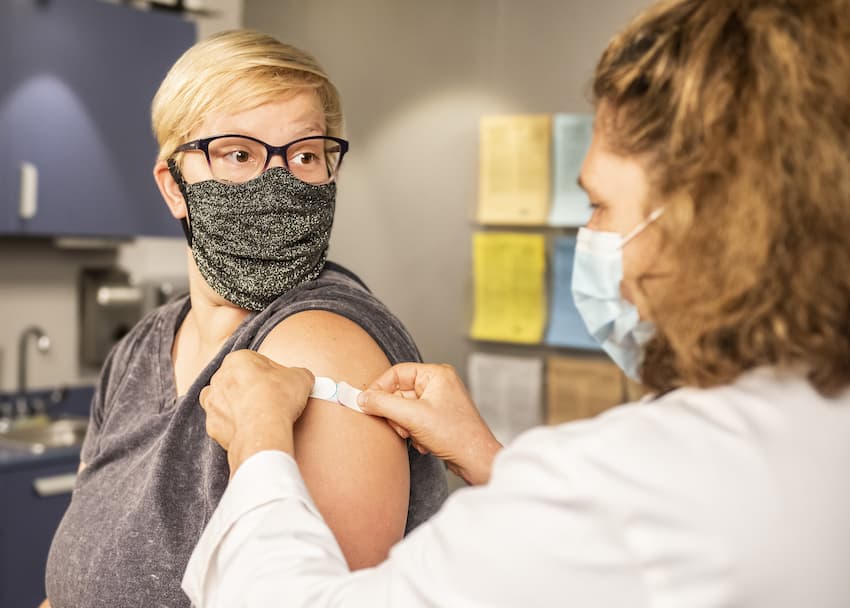Vaccination against measles, mumps, and rubella, (abbreviated as MMR), vaccine protects against three potentially fatal infections. It is suggested that people get two doses of MMR vaccine before travelling to countries where the outbreak is frequent. Continue reading to learn the significance of receiving the MMR vaccine in West Mids.
When should you get the MMR vaccine in West Midlands?
The measles, mumps, and rubella (MMR) vaccination offers protection against three viral infections that are capable of rapid transmission to non-immune children and adults who have not been vaccinated against any of these diseases and have not been exposed to any of them.
As per the NHS vaccination schedule, two doses of MMR vaccine are most effective against measles, mumps, and rubella (German measles).
- First dose: children one year of age
- Second dose: children three years and four months of age
If your child missed any of these two doses, you should visit your pharmacist to get the vaccination.
If you are going to travel internationally, it is highly suggested that you get two doses of the MMR vaccine to protect yourself from measles.
The standard gap between each dose must be at least 28 days.

Is the MMR vaccine necessary for adults?
Measles is a highly contagious disease, and if you travel to places with high risk, you should get the MMR vaccine if you didn't receive the vaccine in your childhood.
Additionally, everyone should be up-to-date on their MMR vaccinations with 1 or 2 doses before or after the trip.
The number of doses depends on the severity of the risk and presumptive evidence of immunity of the individual.
Getting vaccinated is the best way to prevent contracting a disease and protect yourself and others at risk. Such as:
- Infants who can’t have vaccines because they are too young.
- Children or adults (with certain medical conditions) who have weakened immune systems and cannot have certain vaccines.
What is the MMR vaccine given for in West Midlands?
A highly contagious virus, measles used to be endemic decades ago. It directly attacks your immune system. The first symptoms are:
- Runny nose and cough with high temperature
- Sore red eyes (conjunctivitis)
- Rashes all over the body
The infection may lead to ear and chest, accompanied by diarrhoea and dehydration in younger children.
If immediate medical care is not given, the illness may cause meningitis and encephalitis (brain damage), which can eventually lead to death.
The morbidity and mortality rates have decreased as a result of the MMR immunisation initiative.
It's a safe and effective combination for staying healthy while adventuring in unfamiliar surroundings.

What are the risks associated with the MMR vaccine in West Midlands?
Before administration of any vaccine, it is thoroughly tested for safety. The side effects of each vaccination are less severe and daunting for health than the disease itself.
The common side effects involve:
- Redness, swelling, and itching at the site of injection for 2 to 3 days
- Some infants or young children may suffer fever for 2 to 3 days after 7 to 10 days of injection

In West Midlands, how long does MMR vaccine protection last?
The MMR vaccine is very effective and starts developing the protection against measles, mumps, and rubella around two weeks later.
If you've been immunised against measles and rubella, you're protected forever against these contagious diseases.
However, those vaccinated individuals who still catch the mumps will not likely have a severe complication or hospital stay.
Make an appointment at West Midlands Travel Clinic to get the MMR vaccine before your trip.











